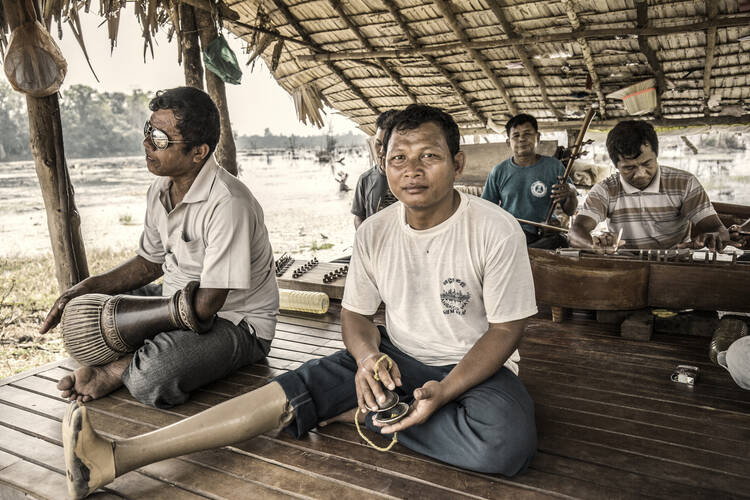Twenty years ago this month, Diana, Princess of Wales, toured war-ravaged Angola and caused an uproar by calling for a global ban on landmines. Members of the British royal family are expected to be scrupulously nonpartisan and nonpolitical; by wading into a controversial public policy debate, the princess had committed a constitutional faux pas. Yet Diana brought much-needed attention to the issue. Even today thousands of civilians worldwide are maimed or killed each year by these indiscriminate weapons of war. According to a recent report by the International Campaign to Ban Landmines, “every day, an average of 18 people were killed or injured by mines or explosive remnants of war in 2015,” the most recent year for which data is available. That number is still too high, but is dramatically lower than the estimated 26,000 casualties per year recorded in the 1990s.
In 1997, shortly after Diana’s death, the I.C.B.L. spearheaded the effort to enact an international treaty that bans the use, production, stockpiling and transfer of antipersonnel mines. The Ottawa Convention, as the treaty is known, currently has 162 state signatories, making it one of the most widely accepted international agreements. Unfortunately, while the United States has unilaterally adopted stricter controls on landmines, it has yet to sign the agreement on a global ban, putting the United States in the same camp as other holdouts, like Russia and China.
U.S. officials have argued over the years that landmines are inexpensive and essential tools for national defense. Successive administrations have also expressed concern for the security of the Korean Peninsula, where thousands of landmines serve as a deterrent against northern excursions across the 38th parallel. Still, the United States observer at the annual meeting of state signatories, held last December in Chile, told delegates that the United States is committed to finding “ways that would allow us to ultimately fully comply with and accede to the Ottawa Convention.”
The task of finding a way forward now falls to the incoming Trump administration. As the U.S. Catholic bishops have previously stated, “Progress towards a global ban on antipersonnel landmines depends upon strong, unambiguous, and convincing U.S. leadership.”








